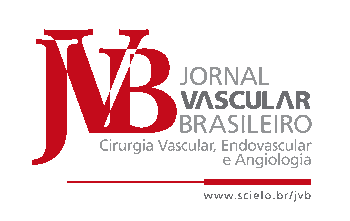After about 50 years of experience with heparin and vitamin K antagonists (VKA), research and clinical studies of new anticoagulants have recently evolved . Although traditional anticoagulants have proven to be clinically useful, they have important limitations in terms of laboratory control, complications, side effects and interactions with medications and food. .Unfractionated heparin interacts with plasma proteins and the vascular wall, may trigger thrombocytopenia, can only be administered parenterally, requires control by the laboratory test of partial thromboplastin time, may cause osteoporosis and alopecia when used for long periods and it is produced from biological sources. VKA have the advantage of being administered orally, but the control (made by the international normalized ratio) can be difficult in some cases, since they have delayed onset of action and metabolism and a narrow therapeutic window. They also interact with foods and with a large number of medications, can cause skin necrosis in patients with antithrombin and protein C and S deficiencies and may induce fetal changes when prescribed in pregnancy. In the 1980´s the low-molecular-weight heparins were developed and proved to be an evolution over unfractionated heparin, because of their greater bio-availability, fixed dose per body weight, no need for laboratory control, subcutaneous administration, lower risk of heparin-induced thrombocytopenia, and efficacy and safety similar to unfractionated heparin. Over the last decade, a series of new anticoagulants have appeared in the market and shown promising results in several situations of venous thromboembolism prophylaxis and treatment. In the present review, the new low-molecular-weight heparins, ultra-low molecular weight heparin, pentasaccharides and the new direct inhibitors of factor Xa and factor IIa.are addressed.
Anticoagulants; heparin; heparin, low-molecular-weight; warfarin; review; venous thromboembolism




